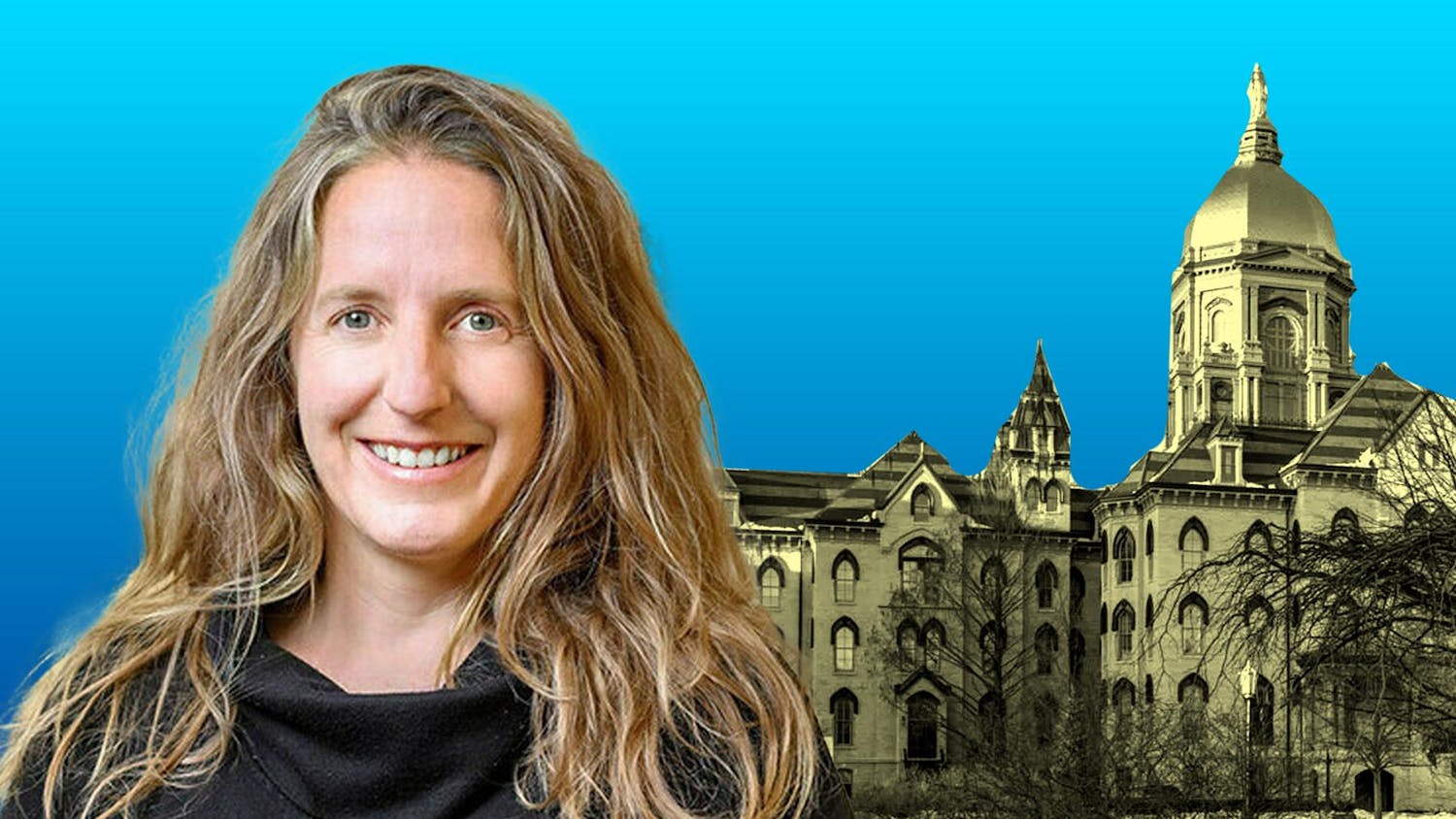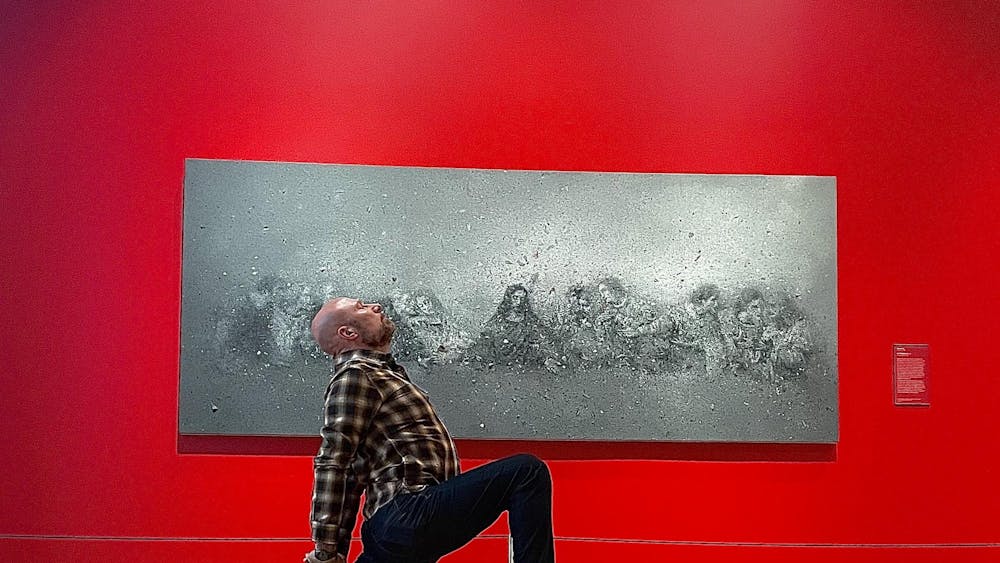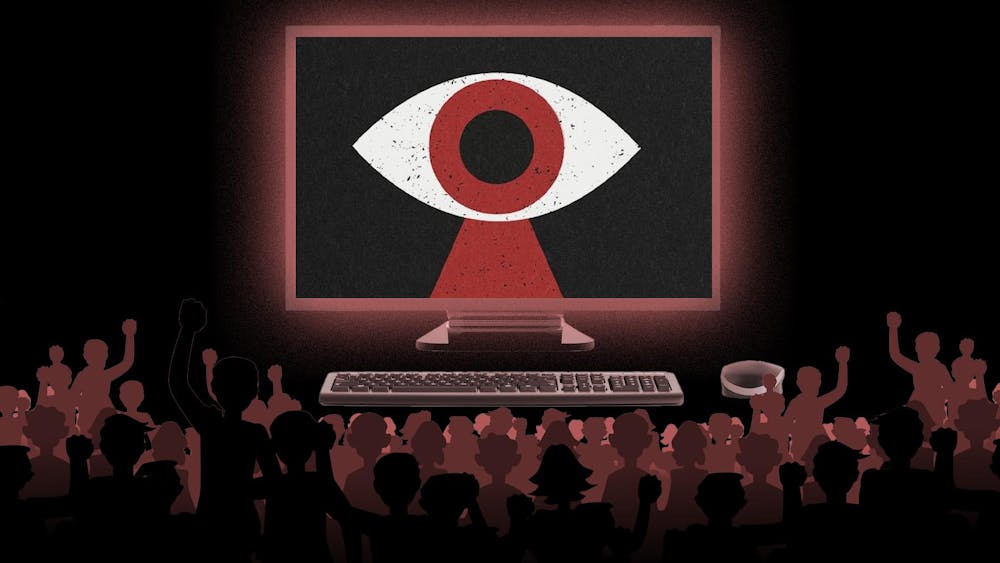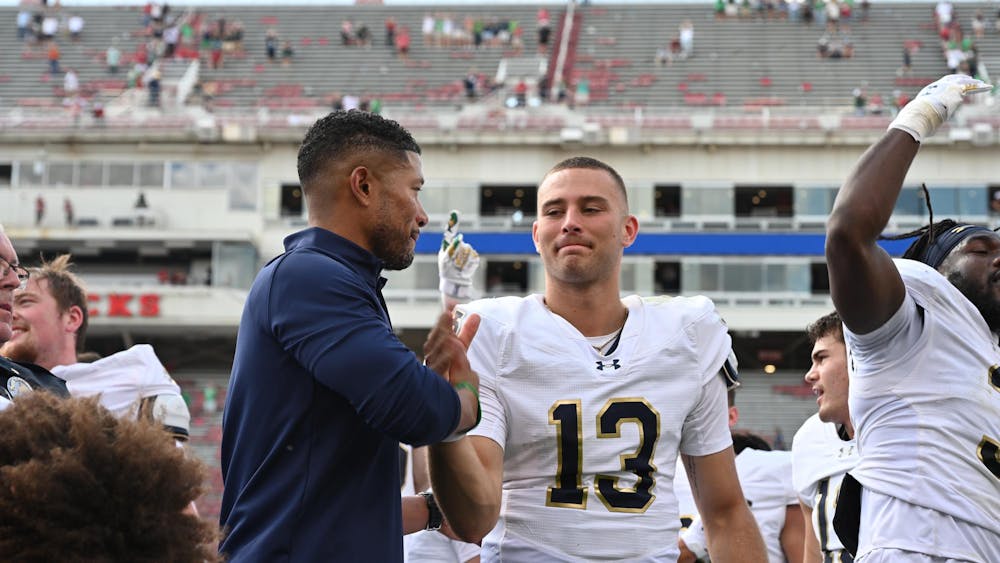“I like to see the sunrise, see the love in my woman’s eyes, feel the touch of a precious child,and a mother’s love …”
— Zac Brown Band, “Chicken Fried”
“I love this song,” she suddenly says.
It is still dark outside. Our silver-grey Jeep is going slowly on the mountain drive. We are on our way back from Appalachia to Notre Dame.
I am sitting in the front passenger seat, curled up in my blanket and winter jacket. She is sitting next to me, in the driver’s seat.
“Why?” I reply, a bit surprised by her sudden outburst.
“Because … it reminds me of home.”
The radio in the car was playing “Chicken Fried” by Zac Brown Band. Brown’s deep and slightly husky voice rhymes well with the snores coming from the backseat.
She tells me that her family used to be like this, like in the song. Every Friday night was family time. They would gather around the house, drink beer, watch football games and play drinking games together. She’s the youngest, so that her brothers strictly forbade her from more than one drink — she says they loved her dearly. And once, her parents joined them too.
She pauses, sighs and then says that she and her father used to be the closest. It was their tradition to spend a week in the summer together traveling to somewhere only they knew, just the two of them. The week was for them to hike through mountains, traverse through rivers and conquer nature together. She looked forward to the trip every year — not only because it allowed her to escape from the bustling city, but also because she could spend time with her dad.
“And … then?” I ask cautiously.
“Well, then …” her voice starts to sound a bit distant and sad, “Then, my parents separated because my dad was addicted to alcohol.”
Last summer, she decided she couldn’t take it anymore, and she stopped talking to him. It pained her to see her dad lose himself because of alcohol, repeatedly hurting his loved ones and apologizing for his misdeeds.
She says that both of her sisters are dangerously similar to her dad. Her younger sister just entered college, but is already showing signs of alcohol addiction. Her older sister is just out of college, and alcohol is already her best friend. She sounds powerless and somehow regretful.
I suddenly remember that, a few days ago, when we heard a few Appalachian workers at our construction site talking about getting drunk that night, she suddenly lost her temper and said that those people were not being responsible or taking care of themselves.
At the time, I thought she was trying to take the moral high-ground and was being too judgmental and too mean. She never told us about her family life. Yet now I suddenly understand that I was the one who was too judgmental.
I look at her. She is trying to hold back her tears, and her voice starts to crack a little bit. She somehow still smiles and says that because they are Irish, alcohol flows in their blood.
She sighs.
Warmness flows out from the air conditioners in the car, but I still couldn’t shake off the coldness from this conversation. The sky is gradually turning a lighter blue. Trucks are rushing on the road besides us, engines humming and tires slashing through the ground.
She remains quiet for a while, but then says, “I just pray to God every day, and hope he guides our way. I hope he answers my prayers.”
Like all other faithful Catholics, she was confused, but finds hope in trusting that God has his own plans. She doesn’t speculate, nor suspect, but only trusts.
As a person who grew up in an atheist family, I have always held suspicion toward the notion of religion. Quite frankly, I never understood how Catholic people could be so determined in trusting God. To me, it seems like they are desperate, as if it is the last straw on the back of a camel, and at the same time, they are confident, as if they are the sailors holding the helm. Ultimately, faith empowers them in a way that I wasn’t able to comprehend. It gives them the courage that keeps them from collapsing — whether they get lost in a desolated desert or are escaping the volleys of gunfire, whether they are struggling to make ends meet or recovering from bereavement, faith keeps them alive, physically and spiritually.
People said that, there would be no point in having faith if we had already known our destiny, and that’s the beauty of faith. I think of all my other Catholic friends at school, and they all seem to live a “double life.” There’s a side that they show the world, and there’s another side that they hide. A girl who struggles to balance school work with socializing, a straight-A student whose brother suffers from depression, a humorous professor who actually has a daughter who committed suicide. Faith inspires them to live the double life, to hide their sorrows and to carry on. Faith also keeps them on the search of their true selves and their own voices. But in the end, it also enables them to strike a balance in midst of their struggles and points them in the direction that they need to go.
Because tomorrow, the sun still rises and faith sheds a light on the dark, mysterious path we are about to walk on.
We finally drive out of the valleys and onto the highway, farther and farther away from the mountains. The sky is like a piece of light blue cloth tainted with knocked over palette, purple, orange, mixed with stripes of beige. People on the backseats begin to stretch their arms and yawn to say, “good morning.”
I moved my stiff legs a bit, while adjusting myself in the seat. “Look, the sky is really pretty,” I say.
“Yeah, it is. I enjoy watching the sunrise while driving.” She grins, and replies, “it’s almost like the sky is waking up.”
The Catholic "double life"
The views expressed in this column are those of the author and not necessarily those of The Observer.









